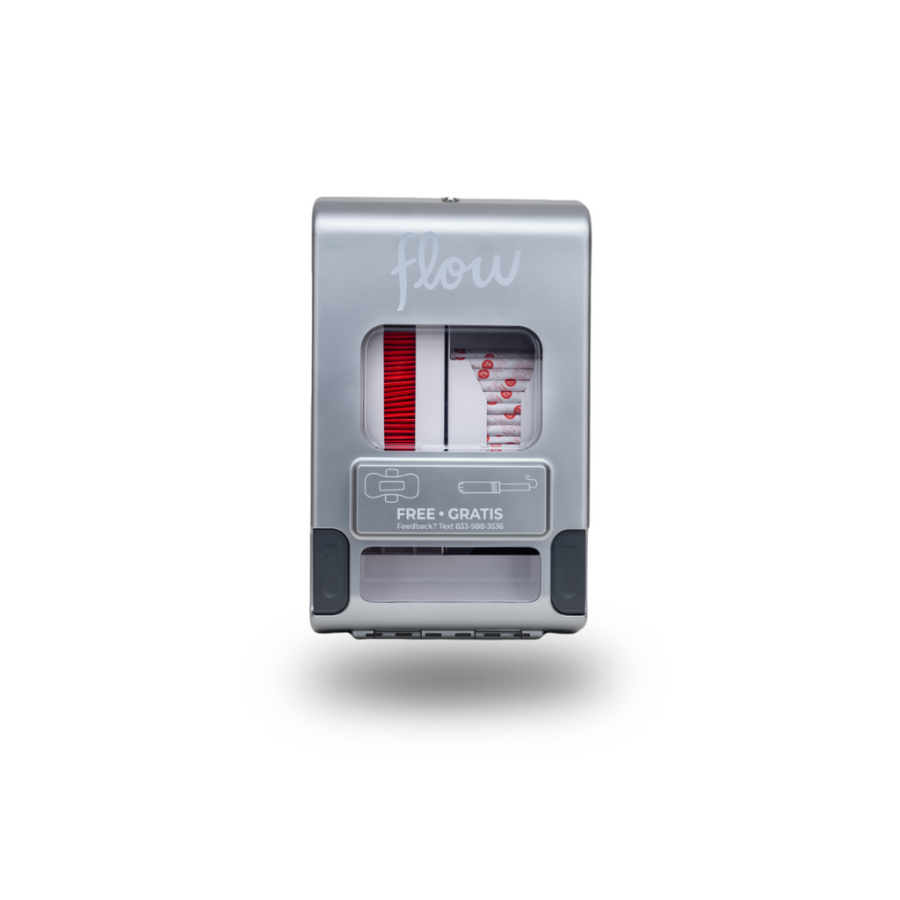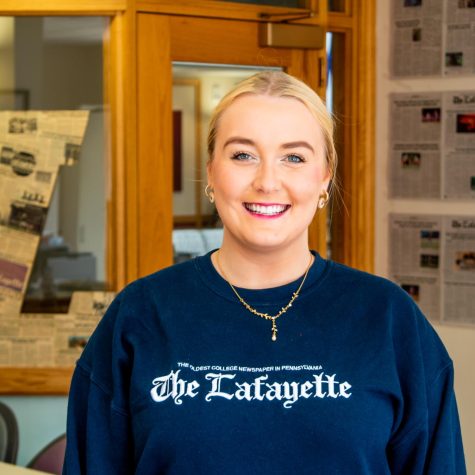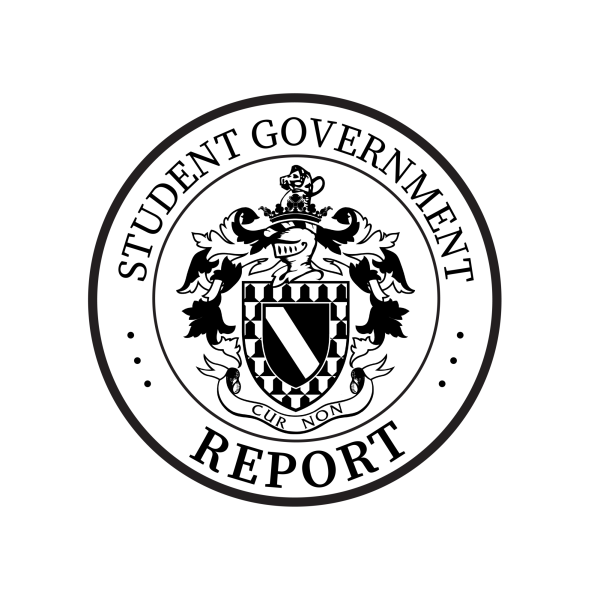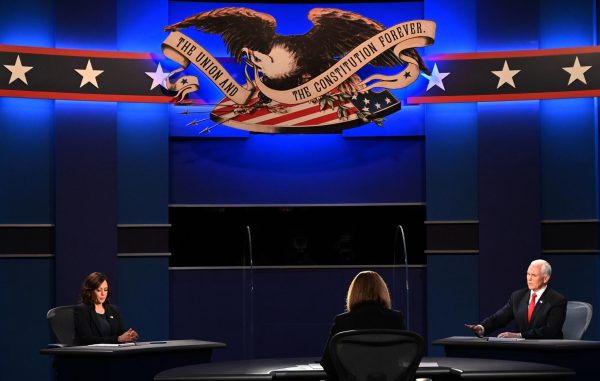Student Government green-lights menstrual equity program
The company Aunt Flow will be providing the menstrual products at a cost of $8400. (Photo courtesy goauntflow.com)
March 25, 2022
On March 10, The Menstrual Equity Pilot Program Resolution passed unanimously through the Student Government General Body. The program, which strives to place free menstrual products in campus bathrooms, was spearheaded by Student Government Vice President Thalia Charles ‘22 with the intention of continuing in perpetuity.
“This has been something that [Student Government President Flor Caceres ’22] and I have been interested in pursuing since last year…I’ve just always had an interest in reproductive rights, reproductive health,” Charles said in reference to Student Government President Flor Caceres ‘22.
As stated in the approved resolution, the mission of the pilot program is “to provide accessible, free, and sustainable menstrual products in bathrooms in each academic building.” Student Government allocated $8,460 from its budget to implement the resolution.
This program, Charles explained, will add menstrual products to one bathroom in each of Lafayette’s fifteen academic buildings. Three dispensers will also be installed in Skillman Library, for a total of 18 new dispensers. Gender-neutral bathrooms will be selected for installation in the buildings that have them.
“In our resolution, we specifically state that menstrual equity is an issue that affects people of all gender identities, that’s cisgender women, trans students, genderqueer and nonbinary students,” Charles said.
Charles is also involved in this project as the president of Lafayette for Reproductive Autonomy, Justice, and Empowerment (LRAJE), which was established last fall. The pilot resolution has found footing in LRAJE’s “Menstrual Equity Open Letter.”
The letter contains testimonials from students and other members of the Lafayette community recounting their challenges accessing period products. The letter, which Charles continuously revises to account for new submissions, currently counts 16 other student organizations as signatories.
“I think that this is so necessary…to be asking that the school put money into period products is the least of things that many students are asking of them,” fellow LRAJE board member Sophie Himmel ‘24 said. “And I think that it’s a very important and uncontroversial, I would even say, step towards bigger discussions on gender and sexuality on campus.”
Hannah Ferguson ‘22 joined in voicing support for the project, noting the menstrual equity issues inherent in Lafayette’s geography.
“One thing I’ve always been really lucky to have…[is] a car on campus, not everyone is so lucky. And we don’t really have a walkable supermarket or like a Walmart or anything around here,” Ferguson said. “Otherwise you have to be lucky enough to have a friend to go there, use public transportation.. you’re getting it up-charged at the student store.”
Student Government is partnering with the company Aunt Flow to distribute the products. Discussing the current menstrual options available at some on-campus buildings, Charles said that they only have cardboard tampons.
“[The new products are] ADA compliant with braille on it,” Caceres said. “And then also it has Spanish and English on it too.”
The program is “a great addition,” according to Scott Kennedy, Director of Facilities and Operations.
“We do use existing [dispenser] units around campus and we stock those as well,” Kennedy said.
According to Kennedy, the current efforts to stock menstrual products in on-campus buildings is overseen by custodians on a case-by-case basis. Kennedy’s team intends to begin installing the dispenser units as soon as they arrive, a timeframe Charles puts at around two weeks from now.
Caceres and Charles both emphasize the importance of student feedback to the long-term success of the program.
“This is just a pilot program,” Charles said. “So for the entire month of April, we’re going to have a QR code…[with] an assessment survey, like a survey that people can tell us, how was their experience?”
In the event of positive feedback, Charles will move ahead with drafting another resolution to ensure continued funding from Student Government, and to “expand it further” in a “phased approach”.
“My hope is that..students will be able to access menstrual products across campus, not only in academic buildings but in sports facilities, in the gym and in administrative buildings,” Charles said. “Everyone should be able to access menstrual equity, menstrual products and not have to worry about a menstrual emergency and where they’re going to get a pad from.”
Current student feedback appears to bode well for the future of this initiative. For Lauren Cloughen ’22, the program should go beyond its current implementation.
“It’s definitely great, but I don’t think it should even be a pilot…It’s something that half their population can’t control that they have…It should just be permanent,” Cloughen said.















































































































Roger Weinreb • Feb 7, 2023 at 1:02 pm
How sad that The Lafayette has engaged in apparent censorship.
Not surprising. Just sad.
R L Weinreb • Feb 7, 2023 at 7:09 am
Absurd beyond reasonable expectations!
Sandra • Mar 25, 2022 at 1:11 pm
What an amazing initiative and article!